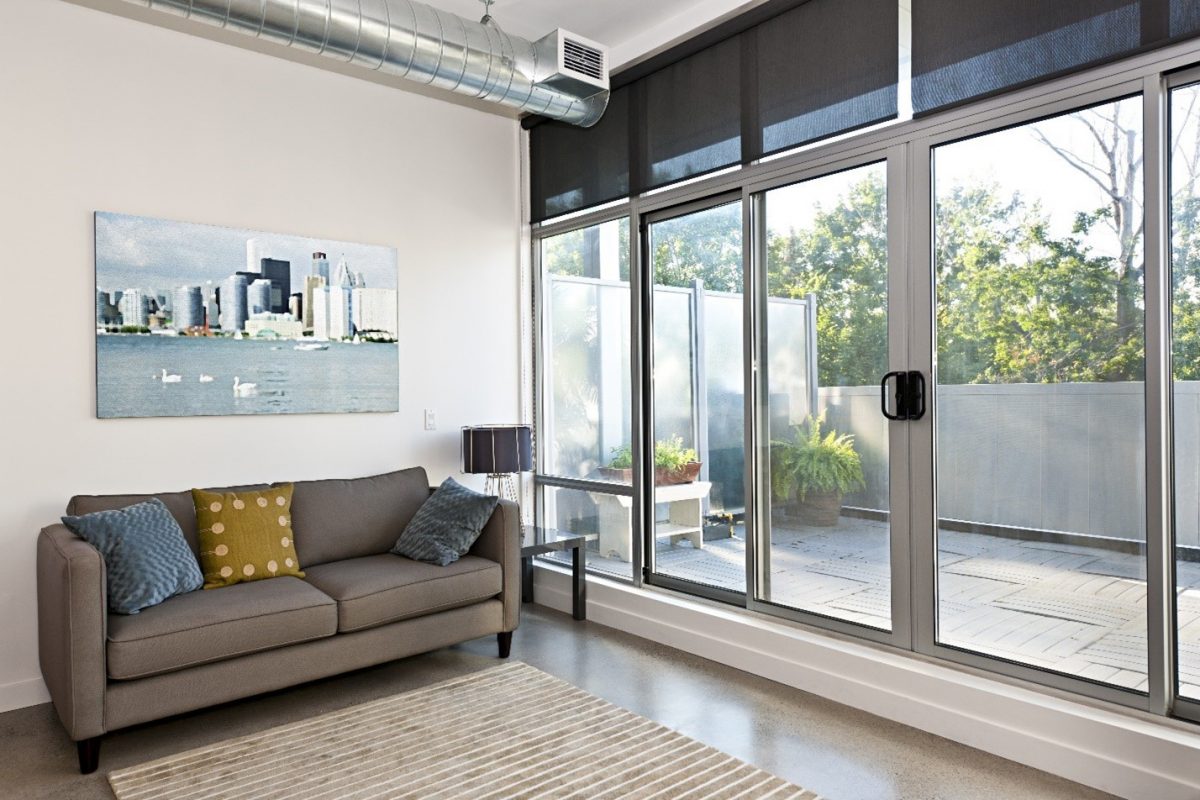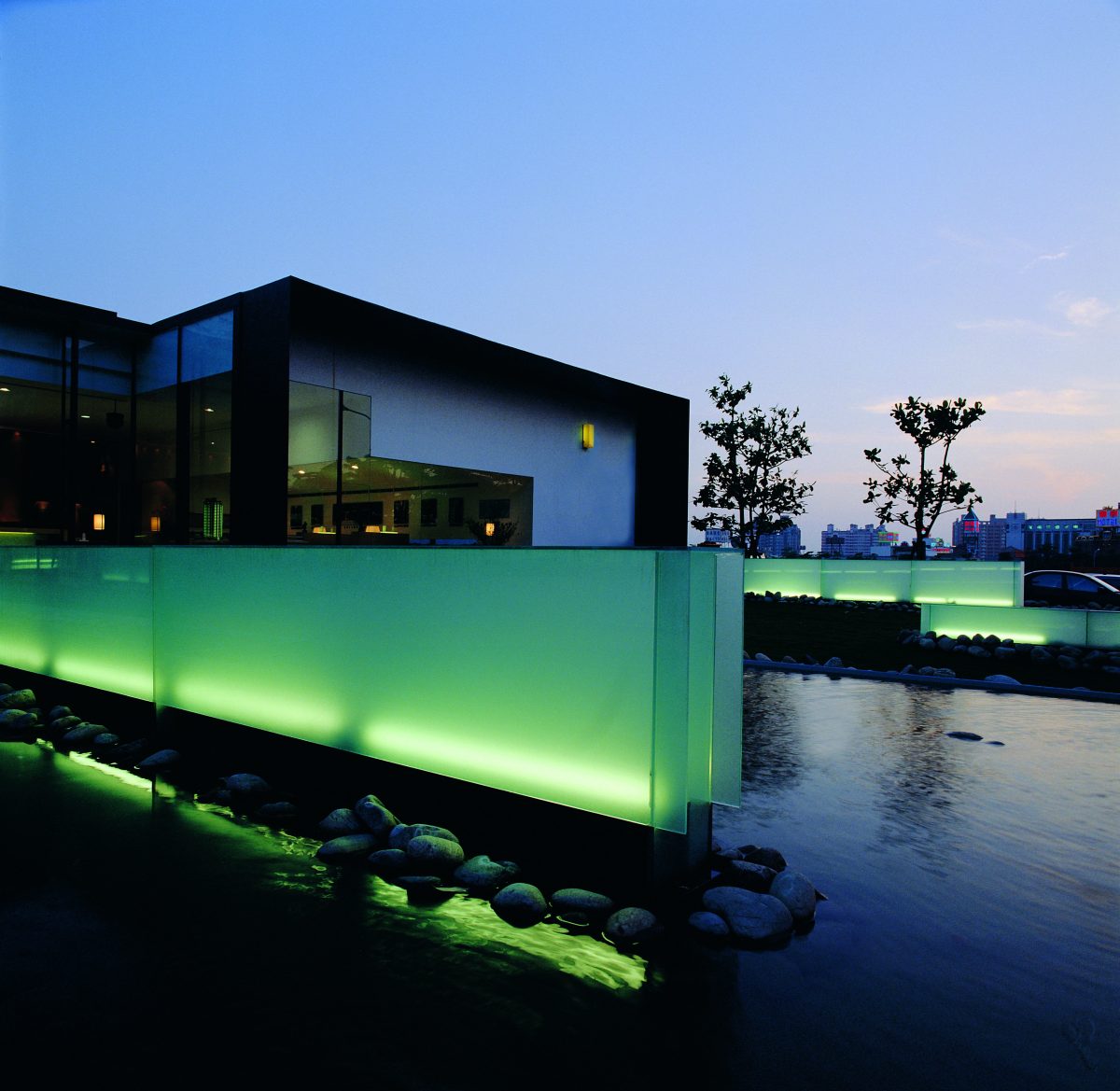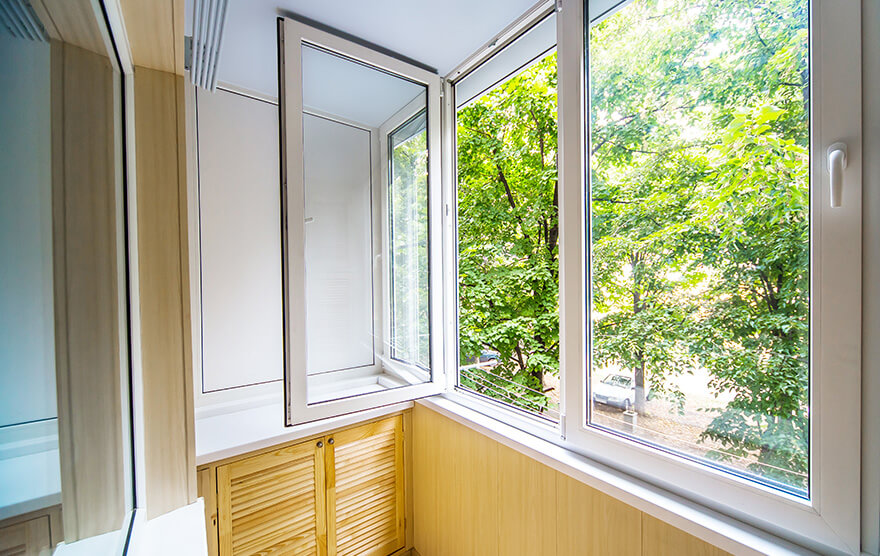For ages, clear glass windows and doors have brought wondrous qualities of light and vision into home architecture across countless cultures. Yet clear glass interlayers continue evolving, getting stronger, smarter and more energy-efficient while retaining their crystalline clarity. This article delves into the timeless charm and advanced capabilities of transparent glass panes and panels especially suited to welcoming, bright and temperate contemporary households.
The Varieties of Clear Glass
There are several varieties of clear glass to suit different needs:
1. Float Glass
The most common type, float glass, is created by floating molten glass on a bath of molten tin, which yields a pristinely smooth surface ideal for windows and doors. This smooth quality also enables easy cleaning.
2. Tinted Glass
Tinted clear glass is treated with a subtle colour tint, which cuts glare and blocks UV rays while still allowing light transmission, making it well-suited to sun-facing orientations. The tint lends a soft ambience.
3. Laminated Glass
Laminated clear glass sandwiches a resilient pvb interlayer between two glass sheets, preventing shattering and enhancing security. Helpful in regions prone to extreme weather and security concerns.
The Benefits of Clear Glass
When it comes to using clear glass, there are several advantages to consider. For one, it allows for maximum visibility and natural light to flow through a space. Additionally, clear glass can create a sleek and modern aesthetic, which can be especially beneficial for contemporary designs.
1. Abundant Natural Light
One of the best things about clear glass for home is how well it transmits daylight into a space. Rooms lit with ample natural light feel more uplifting and airier to spend time in. The clean transparency of clear glass allows sunlight to reach into every corner of a room, reducing the need for artificial lamps during daytime hours and saving on electricity usage. Those bright yet gentle rays also make interior decor and furnishings pop with vivid colour.
2. Access to Outdoor Views
Gazing out through clear barriers reminds inhabitants of the lush landscapes or vibrant soundscapes just steps beyond wall confines while making rooms feel larger. Frame favourite scenery through unobscured glass portals. Given transparent access to the outdoors, inner spaces quickly feel continuous with exterior zones.
3. Design Flexibility
Clear glass has a clean and basic simplicity that links well with almost any interior design aesthetics you want to create. Whether your tastes run modern or traditional, minimalist or ornately decorative, clear glass windows and doors serve as a neutral backdrop that won’t compete visually with other elements of the room. The transparency of clear glass provides the perfect template for building your unique design vision.
4. Energy Savings
Thanks to advanced glazing methods and built-in weatherproofing, today’s clear glass delivers fantastic thermal insulation. Multi-paned insulating clear glass units with inert gas fillings and low-emissivity coatings greatly reduce UV light and heat transfer between indoor and outdoor temperatures. This increased energy efficiency means lower utility bills for the homeowner.
Inspirational Design Concepts
- Floor-to-ceiling clear glass walls lend an airy, spacious sensibility while allowing plentiful sunlight to infuse the home’s depths. Try this in a family room in addition to feeling connected with nature.
- Clear glass sliding doors seamlessly unite the patio and living room for free-flowing indoor-outdoor entertaining. Friends will love circulating between the garden seating and the inner alcove.
- Strategically placed clear glass skylights or roof windows flood top-floor rooms with radiant natural light you never expected.
Conclusion
Beyond their concrete functions, such as sun lighting, noise buffers, and thermal insulation, clear float glass doors and windows provide psychological benefits by elevating mood, creating a relaxed sense of security, and enabling a stronger connection to the outdoors. Contact AIS Glass to access specialised products that match unique architectural needs and climate conditions. Investing in quality clear glass delivers tangible home improvements for years to come.





